Shakespeare gets his sea legs as the Royal Shakespeare Company preforms iconic scenes aboard cruise ships.


Shakespeare gets his sea legs as the Royal Shakespeare Company preforms iconic scenes aboard cruise ships.

Read about the women who edited and retold Shakespeare throughout the centuries as well as their impact on Shakespearean scholars today.

Shakespeare’s line, “Macbeth doth murder sleep”—and his guilt-ridden, sleepwalking Lady Macbeth—made a link between psychological distress and troubled sleep. Recent research shows that the Bard was onto something.
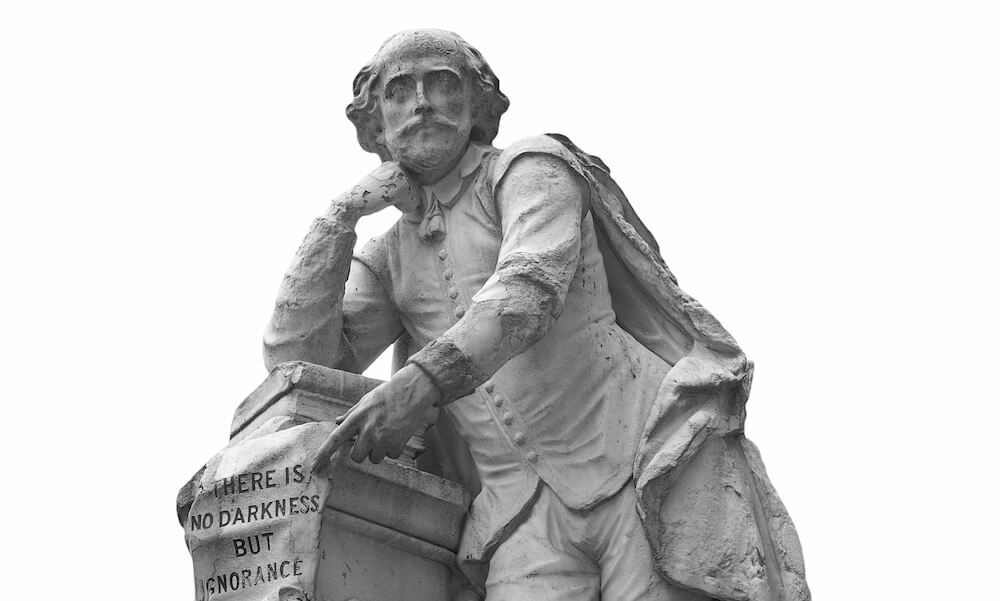
Play On Shakespeare takes beloved plays by the Bard himself and puts them into language an even wider audience can appreciate. Check out this article to learn more about these unique and ground-breaking translations.

| Discover the timeless, breathtaking beauty of Shakespeare’s sonnet 65. |

Read about the importance of racially inclusive casting in the world of Shakespearian theatre.

Read about how helicopters disrupt theater-goers in New York City’s Central Park.
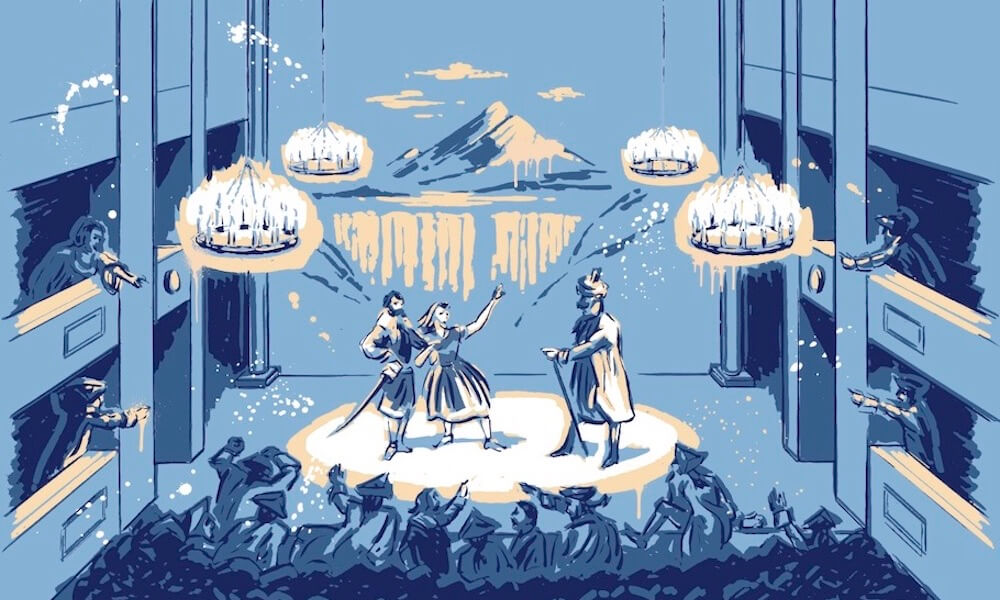
Can you imagine a riot breaking out in response to a disagreement about which actor did a better job in the role of Macbeth? That’s what happened in 1849 in New York. Click to learn more.
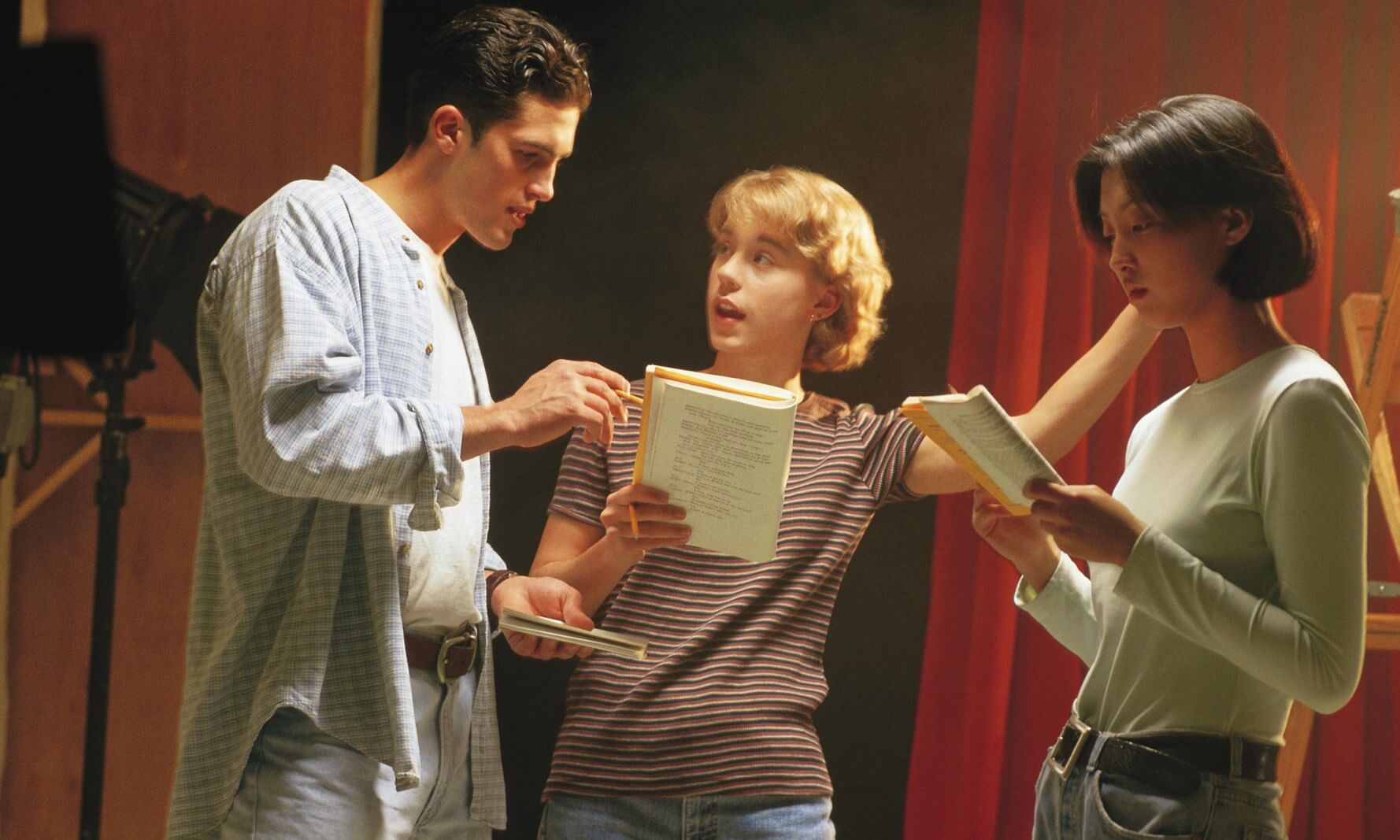
In this podcast, two Shakespeare scholars dig into why we still care about the characters and situations crafted by an Englishman who lived four centuries ago.

In this piece, a high school teacher explains her approach to teaching Shakespeare and rejects claims that she is taking part in “cancel culture.”

This article examines Shakespeare’s rise to greatness. It also features some interesting graphics that show trends in the popularity of his plays.
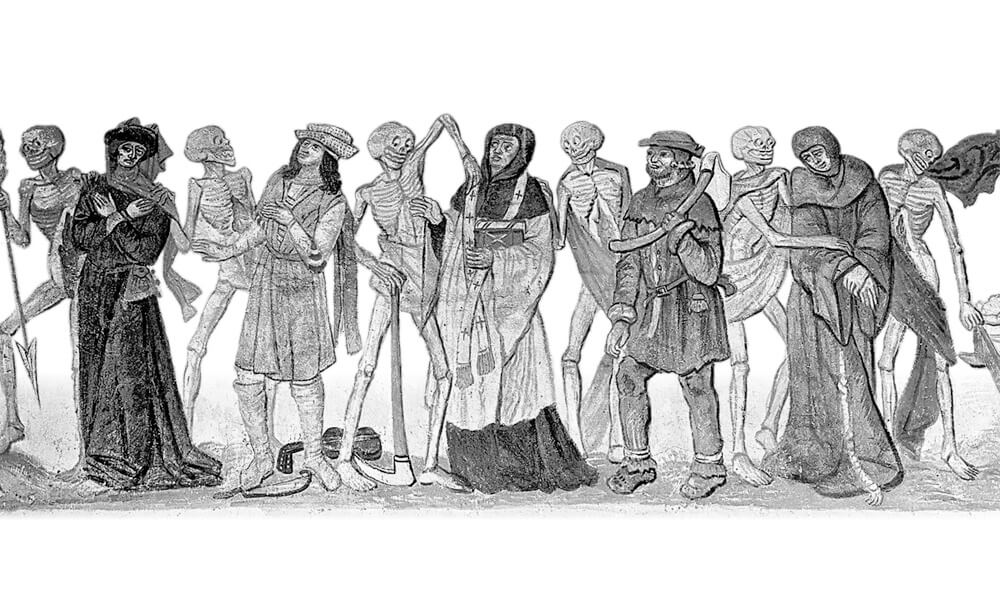
This piece examines several ways Shakespeare was affected by the plague. It also points out how the plague plays an crucial role in the plot of Romeo and Juliet.

What does Shakespeare have to do with the coronavirus pandemic? Read this article to find out.

Click this link to read about the record-breaking auction sale of a copy of the “First Folio,” the book that originally collected Shakespeare’s plays.

William Shakespeare penned some of the most famous lines in the English language, which is exactly why spelling reformers are starting with Hamlet.

Standing up for justice isn’t just good for equality; it’s also good for business.

Letting go of the wish for revenge can be a gift to yourself. Click through five suggestions that can help with this approach when someone wrongs you.

Anthropologist Margaret Paxson writes about her struggle to quantify peace and ultimately argues that peace is knowable.

Research by New York University neuroscientists Oriel FeldmanHall and Peter Sokol-Hessner shows that broadening options to restore justice, such as reconciliation or compensating the victim rather than punishing the offender, could ease the burden of the U.S. justice system.
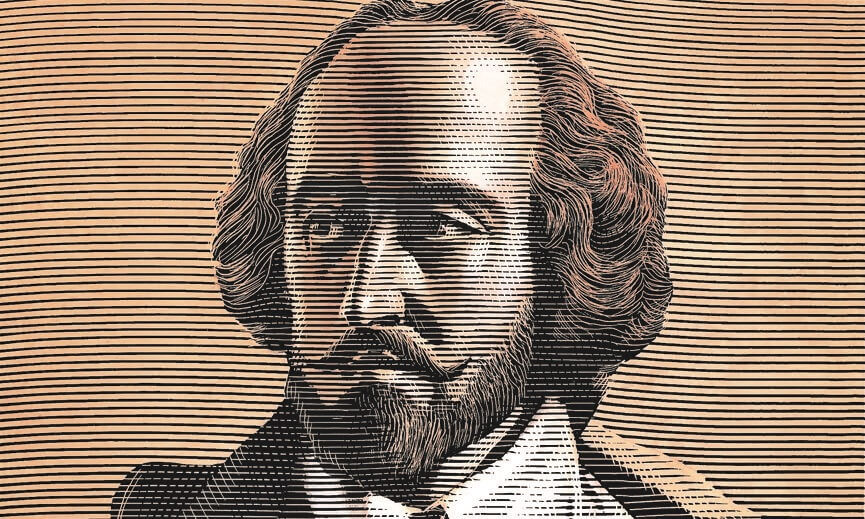
One silver lining of shelter-in-place orders is that they might give rise to creativity. Learn more about a popular idea that sets the bar high.